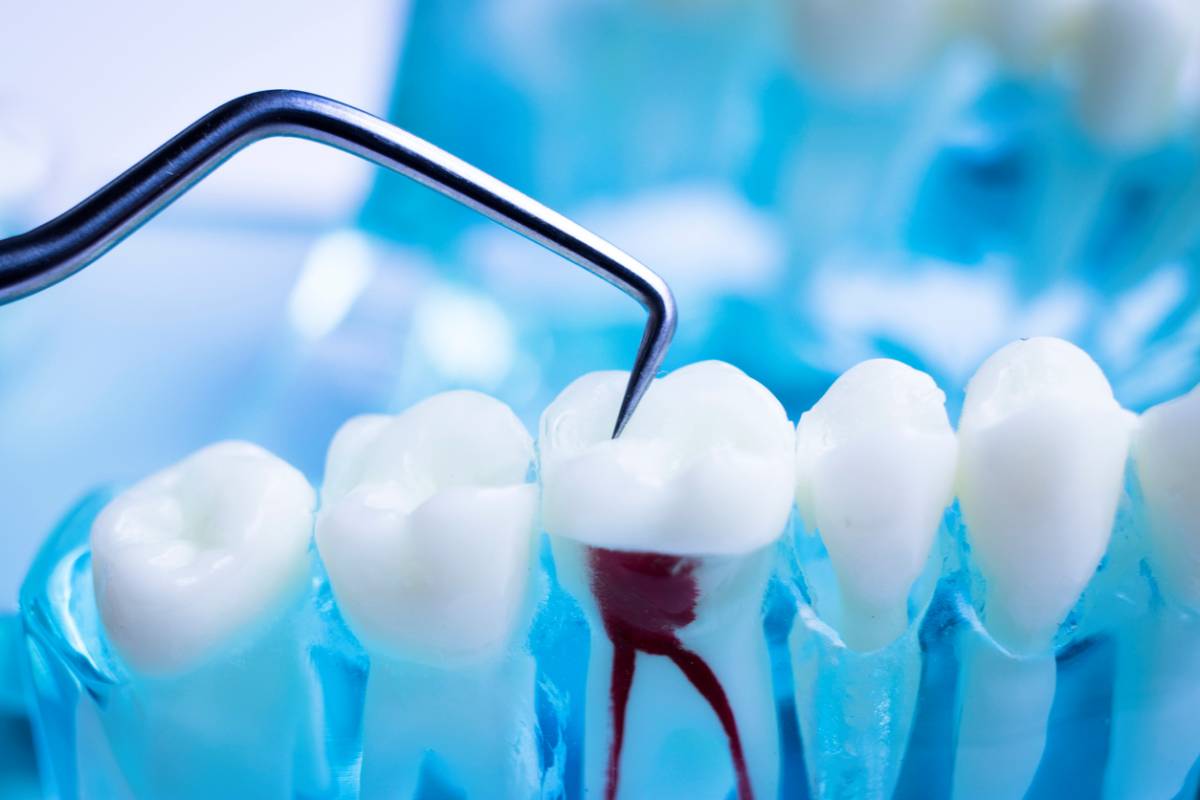Root canals effectively treat severely damaged or infected teeth. The treatment alleviates pain associated with these issues while preserving your natural tooth. A root canal is a smooth procedure that involves removing the pulp, the innermost portion of your tooth. This is done by making a small hole in your tooth to effectively clean and disinfect it. Once the canal is cleaned and all of the pulp is removed, your tooth is closed up. You may wonder, can you retreat a root canal on a tooth?
Can you retreat a root canal on a tooth?
Root canals have a high success rate when performed by a skilled dentist. The success rate is over 95%. However, success depends on a number of factors. This includes the dentist’s expertise, the patient’s oral and overall health, and the condition of the tooth. While rare, it is possible for a root canal to fail. When this happens, you can retreat the tooth. This is often a much better alternative as compared to removing the tooth.
Causes of Root Canal Failure
Root canal failure can occur for a variety of reasons. If you are concerned that your root canal has failed, contact a dental professional right away. The failure may be due to one of the following causes.
Incomplete Cleaning:
The pulp in your canals needs to be cleaned and disinfected. When this doesn’t occur, it can lead to the need for root canal retreatment. Bacteria that’s left behind can put you in the same position you were in before your initial root canal.
Cracked Tooth:
If your tooth is cracked or fractured, it can be difficult to ensure effective treatment. This is because issues with your teeth can be difficult to seal, especially when under the gumline. Bacteria can easily get into your pulp and reinfect your tooth. A skilled dentist will address both issues to reduce your impact of tooth loss and the need for retreatment.
Inadequate Seal:
An important part of your root canal treatment is closing the hole created to remove the pulp. When the seal is inadequate, it leaves room for harmful bacteria to get into your tooth. This can result in reinfection and the need for root canal retreatment.
Harmful Habits:
The recovery period after your root canal is important for optimal healing. Smoking and using other tobacco products negatively impacts the healing process. It can impair your body’s immune response and increase your risk of infection. Avoid smoking and using other tobacco products after a root canal.
Poor Oral Care:
As with harmful habits, not caring for your oral health after a root canal is a problem. Caring for your treated tooth is key, as it can reduce your risk of reinfection. Brush at least twice a day for two minutes with a soft-bristled toothbrush. It’s also important to floss at least once a day. Rinse with water right after you eat and brush 30 minutes later for optimal results.
Root Canal Therapy
Root canals are a common dental procedure. Common signs you may need root canal therapy include a toothache, temperature sensitivity, red or swollen gums, tooth discoloration, and foul breath. These can be signs of other oral health issues as well, so it’s important to get checked out right away.
To ensure your long-term oral health, visit the dentist at least every six months. This can allow your dentist to catch any issues early on. Early intervention and preventative treatment is a necessary part of your oral and overall health. If you need to schedule a dentist appointment, contact the team at Valley Adler Family Dentistry today!


